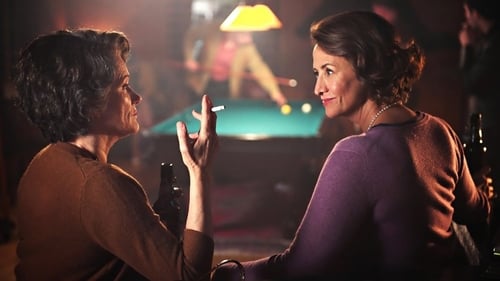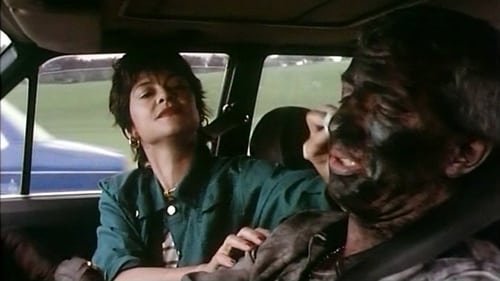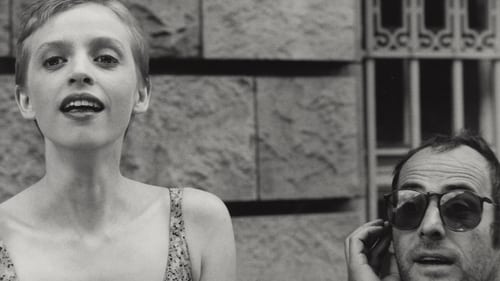Klaus Pohl
Рождение : 1952-03-30, Rothenburg ob der Tauber, Germany

Novel
Thomas Brasch was born as a German-Jewish emigrant in England in order to move to the young GDR with his family at the beginning of the 1950s. His father Horst is primarily interested in helping to build the new German state. But Thomas prefers to realize himself as a writer and in doing so discovers his potential as a poetic rebel. His very first play was banned and soon afterwards he lost his place at the film school. When the tanks of the Soviet Union roll through the Czech capital Prague in 1968, Brasch and his girlfriend Sanda and other students try to call for protest in the streets of Berlin - and fail. His own father betrays him to the Stasi and allows Thomas to go to prison. After being paroled, he continues to try his hand at poet writing about love, revolt and death. In the GDR, however, you don't want to have anything to do with someone like him.

Karlheinz Schwarz
When the pictures from Bergamo in Italy go around the world in spring 2020, even non-medical people know what the word pandemic means. The previously unknown Coronavirus is spreading rapidly across the planet. Four days later, exit and contact restrictions also apply in Germany. Since then, the life of the Konstanz intensive care physician Dr. Carolin Mellau and her family on their heads. The female doctor becomes a member of the crisis team and is on duty around the clock to prepare the clinic for the impending emergency. As an anesthesiologist intubating those infected with COVID-19, she herself carries a high risk of infection. Meanwhile, her husband Stefan has to cancel his concerts as a musician, is no longer allowed to teach his music students and is suddenly sitting at home without an income. Teenage daughter Luzy is not allowed to see her Swiss boyfriend because the border is closed. She and brother Tim cannot go to school. But the worst case for the family is yet to come.

Alois Bliesinger

Martin Heidegger
HANNAH ARENDT is a portrait of the genius that shook the world with her discovery of “the banality of evil.” After she attends the Nazi Adolf Eichmann’s trial in Jerusalem, Arendt dares to write about the Holocaust in terms no one has ever heard before. Her work instantly provokes a furious scandal, and Arendt stands strong as she is attacked by friends and foes alike. But as the German-Jewish émigré also struggles to suppress her own painful associations with the past, the film exposes her beguiling blend of arrogance and vulnerability — revealing a soul defined and derailed by exile.

In this filmic memoir, German director Rosa von Praunheim returns to New York, a city he knew and loved in the woolly 1970s, to see what he might find and also to check in on the colorful protagonists of his 1989 documentary, Überleben in New York. Both a personal journey and a historical survey, New York Memories captures a transformed city by charting the shifting course of gay life, from Warhol Factory figures to the AIDS ravaged, within it.

Sylvio

Lenz Feininger

Hans
A policeman lunching with his daughter is present when a dead body washes up on shore. He investigates, leading him down a twisted and muddled path of nefarious connections reflecting, somewhat, his own life.

Writer
A portrait of a single day in the late summer of 1956, toward the end of Bertolt Brecht's life, as he prepares to leave his lakeside home, surrounded by the women who form his extended family.

Writer
The true story of Otomo, a black man seeking work and asylum in the German city of Stuttgart. However, all he finds is racism, police trouble and his final destiny.

Author
Every year, many Germans are preparing to spend their vacations in the sunny south. And they all have to use the same highways. And every year everything ends in a big traffic jam.

Writer
A comedy directed by Vivian Naefe.

An American filmmaker travels to modern day Berlin to make a film based on a real-life incident from 1942 in which 13 Jewish prisoners from a concentration camp were promised freedom if they appeared in a German propaganda film. Unfortunately, the Germans lied. The psychological process undergone by the modern filmmaker while shooting the story provides the basis of this arty and challenging film.

Eduard

Brunke
A young actress in Cold War Berlin struggles to decide whether or not to accept a new role, working with an old leftist director in a deserted theatrehouse. Caught between her painful childhood - loss of the mother - and the confusing and instable present political and social situation, she engages with prostitutes, penniless playwrights and postmen of the split Berlin city.

Gabler
The subject of this historical drama is a splintering Berlin in the years of 1948 and 1949. Played against the backdrop of social upheaval, the characters in the drama come to epitomize the best and worst of each pole of the political sphere. A 17-year-old hoodlum by the name of Gladow works hand-in-glove with a local white-collar criminal to rob and pillage every day and night, defying capture. While he and his gang of thugs are terrorizing the people of Berlin, the Soviets are trying to make the blockade of their region of control impermeable. The future casts long shadows over the drama, as Berlin's problems take the shape of times to come.

Gemischtwarenhändler










